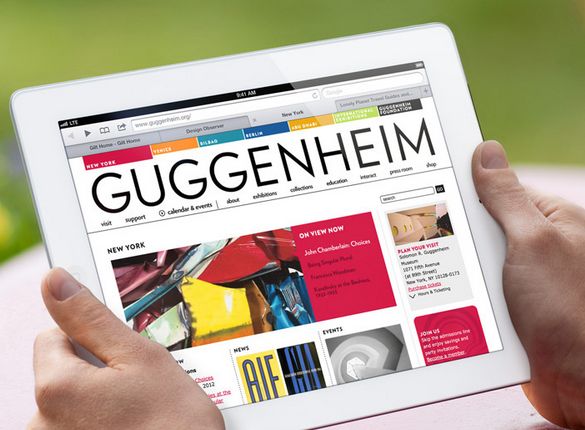IHS: iPad Helping To Create Huge Tablet Semiconductor Market

With the help of Apple’s iPad, tablets are becoming one of the world’s biggest markets for semiconductors, according to a new study
Media tablets will become the world’s fourth-largest market for semiconductors, according to new data from research firm IHS.
That marks a meteoric rise for tablets, which ranked as the thirty-fifth largest semiconductor market in 2010. IHS, which released its new report on 9 March, expects tablet-semiconductor sales to reach $18.2 billion (£11.6bn) in 2014.
Meteoric rise
“The speed of the media tablet’s rise from near insignificance to top-tier prominence is unprecedented in the history of the global semiconductor industry,” Dale Ford, head of IHS electronics and semiconductor research, wrote in a 9 March research note. “Driven primarily by Apple’s iPad, the media tablet in four years is expected to scale semiconductor heights that took more than a decade for other products to attain, such as notebook PCs and cell phones.”
Tablets are also boosting the fortunes of other manufacturers, including those who supply NAND flash, image sensors and light-emitting diodes (LEDs).
 Apple’s newest iPad could help further spur tablet sales, according to another analyst. “We believe Apple will maintain its dominant market share of the fast-growing tablet market despite increased competition,” T. Michael Walkley, an analyst with Canaccord Genuity, wrote in an 8 March research note. “We believe the new iPad has raised the bar relative to competing tablets with impressive hardware specifications, competitive pricing and the leading software ecosystem.”
Apple’s newest iPad could help further spur tablet sales, according to another analyst. “We believe Apple will maintain its dominant market share of the fast-growing tablet market despite increased competition,” T. Michael Walkley, an analyst with Canaccord Genuity, wrote in an 8 March research note. “We believe the new iPad has raised the bar relative to competing tablets with impressive hardware specifications, competitive pricing and the leading software ecosystem.”
High-resolution display
Apple’s new iPad includes a high-resolution Retina Display, along with a proprietary A5X processor with quad-core graphics and a 5-megapixel rear camera capable of shooting 1080p video. It weighs slightly more than the iPad 2, at 1.4 pounds, and offers comparable battery life.
Despite its commanding market share, however, the iPad continues to face competition on a number of fronts. Amazon’s Kindle Fire sold millions of units over the holiday season, estimated analysts (the online retailer itself is typically shy about revealing Kindle-related sales numbers), and Android tablets haven’t yet disappeared from store shelves despite generally anemic sales. Later this year, manufacturers will likely begin issuing tablets loaded with Windows 8, which will come with its own app store.
Whether or not that competition manages to squeeze even the new-and-improved iPad remains to be seen. But if IHS proves correct, the consumer and business interest driving those combined tablet sales will also prove a very, very good thing for the semiconductor industry.
How well do you know your tablets? Take our quiz.